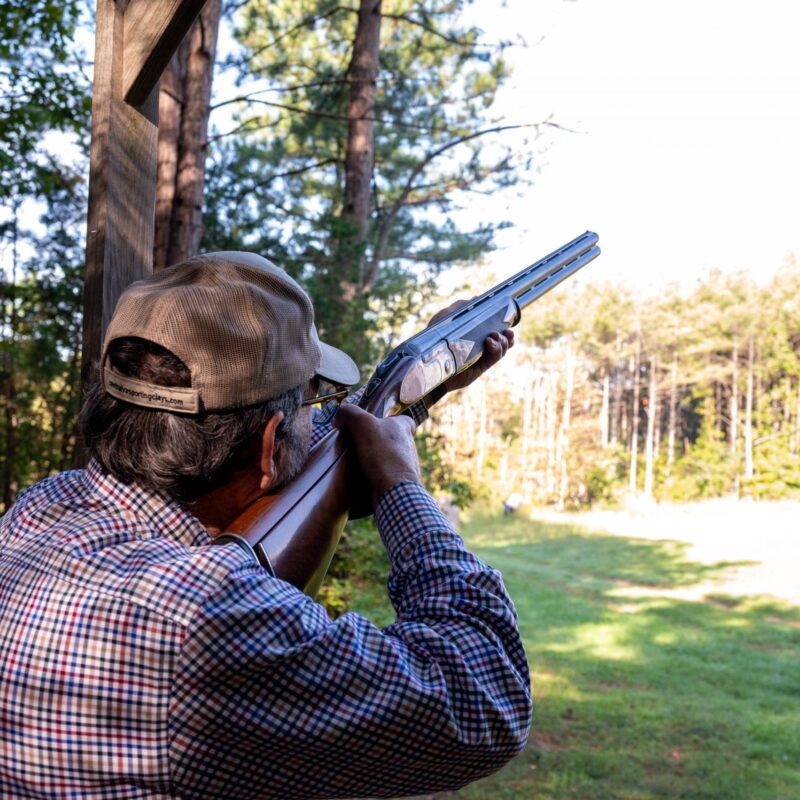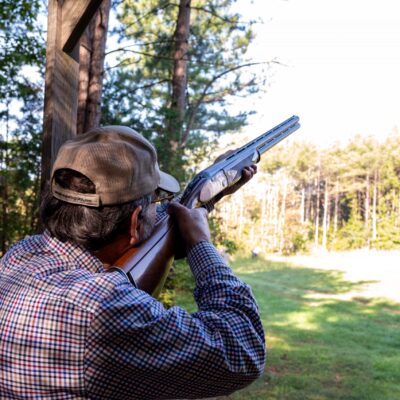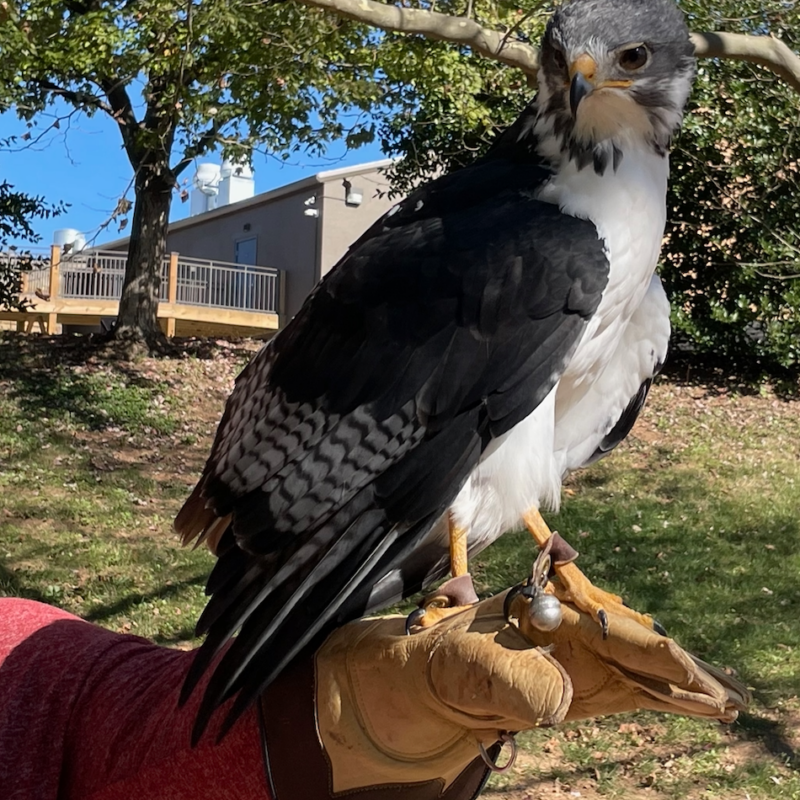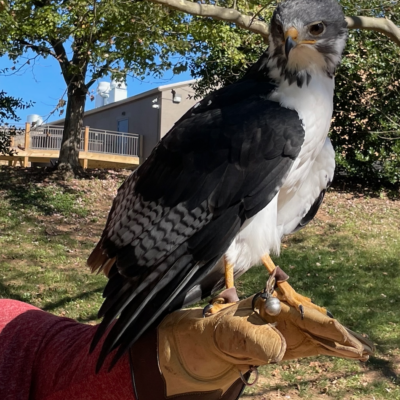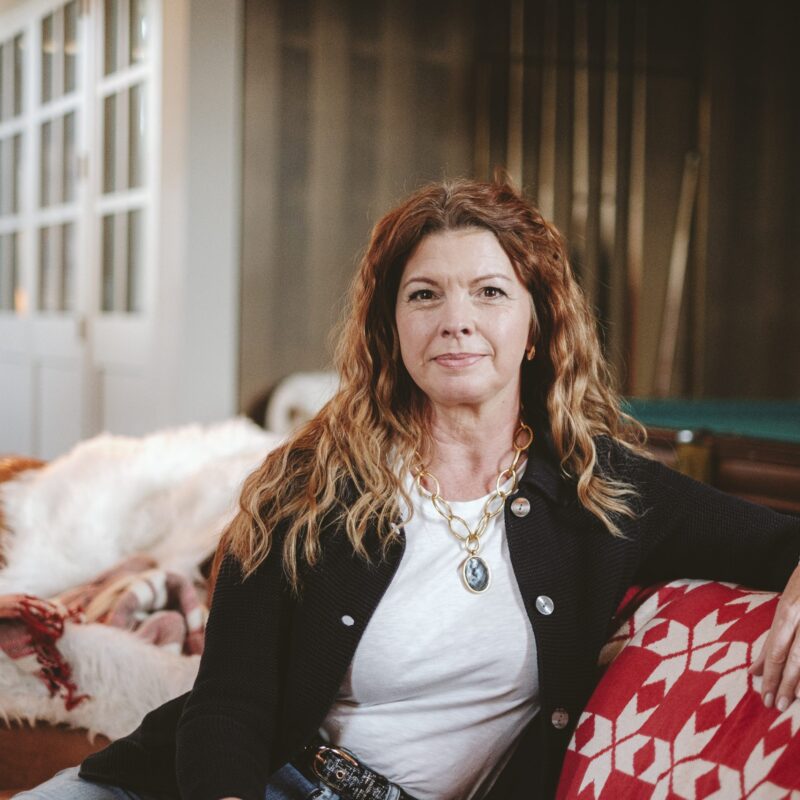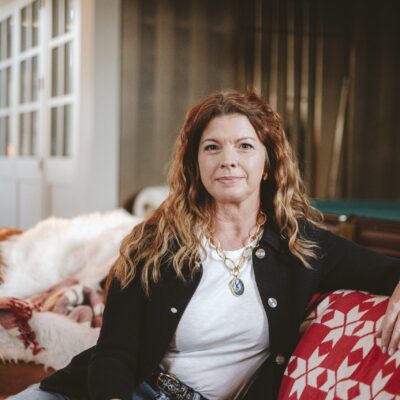Row 3 of the Norton Block is a mess, a tangled mat of vines, each shoot sending out tiny tendrils that wrap around their neighbors, tying the whole canopy together like some kind of mutant, kudzu Chia-beast. I have never seen grape vines so wild, and neither have the members of a Piedmont Virginia Community College class called Vineyard Management who will be tending to this row of vines for a total of seven months. The last time they were here was over a month ago. “Oh my god,” one of the students exclaims, “it’s huge…it’s exploded out there.”
The enology and viticulture program at PVCC is small—at the moment it isn’t even accredited—but it’s growing. Today’s class is being held at DuCard Vineyards in the steep and rock-strewn beauty of Madison County. Our instructor and the owner of DuCard, Scott Elliff, pulls up in his red Mazda Miata with the top down, fresh from a game of tennis, and leads us down to the rows of Norton grapes that the class has been working with. He thrusts his arms into the vines up to his shoulders and begins to use what he calls “gentle karate chops” to thin the wild mass. Elliff believes in learning from his mistakes, citing Linden Vineyards owner Jim Law as the inspiration for what he calls his “continuous experimentation.” He doesn’t mind in the slightest that some of his vines will be tended by student drivers. From their mistakes, a whole industry will be learning.
 Scott Eliff, instructor in the enology and viticulture program at PVCC, took his class here to DuCard Vineyards, which he owns, for some hands-on learning. |
“I’m surprised how many people want to start a vineyard,” Greg Rosko, the manager for PVCC’s viticulture and enology program says. People enter the program from all over Virginia and North Carolina. Many of them have a few acres of land and want to plant grapes, want to see what all the fuss is about. Others are seeking to broaden their passion for wine, like Mary Jane Schoen, who works in the tasting room at Horton Vineyards and admits she has “more of an interest in the wines than the vines.” Dick Button, who has been the vineyard manager of Ivy Creek Vineyards for 23 years, is here, he says, because “an old dog can always learn new tricks.” I suspect that he just really likes the work.
Also present for the class are two exchange students, Frenchman Julien Durantie, who has been working at DuCard and Rappahannock Cellars, and Christof Weibler from Germany, who has been helping out at the new winery, Barren Ridge. Both of them will soon be returning to their respective countries. Julien, cigarette continually hanging from his lips, says he has learned a lot during his time here about marketing and the business side of making wine and has been glad to return the favor by helping with classes like this one.
The future of Virginia wine looks bright, or at least busy, with new wineries falling from the sky (the highest recent total I saw was 139), glowing national press coverage, and ramped up grape production, which was valued at $7.8 million in 2007. But perhaps it’s still too early to tell. Maybe some caution is in order. Rob Peery isn’t committing himself fully yet. His family owns 450 acres in Albemarle County and he’s here today, submerged in rampant vines, to see if maybe grapes would be a good use of the land. He’s not sure, he tells me, if this enthusiasm for wine will last, but “with 450 acres, I’ve got a lot of options.”
